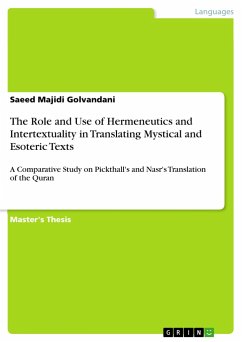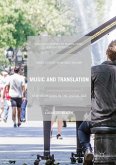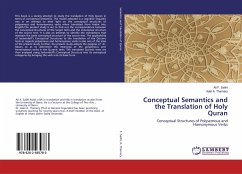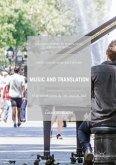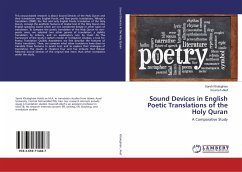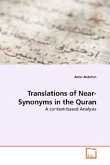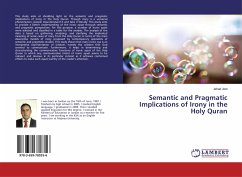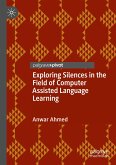Master's Thesis from the year 2017 in the subject Speech Science / Linguistics, grade: 19.25, University of Tehran, language: English, abstract: This study claims to have studied the pragmatic use and role of hermeneutics and intertextuality in translating esoteric and mystical contexts of the Quran. Thus, it examines and reviews such highly esoteric and mystic contexts by performing a comparative but descriptive analysis on two of the scholarly translations of the Quran ever produced: The classic translation of the Quran by Muhammad Marmaduke Pickthall (1930) thatwas the first scholarly translation produced by a native English scholar who was also a Muslim convert, and the latest scholarly translation of the Quran by Seyyed Hossein Nasr (2015), a professor of philosophy, comparative religion and mystic teachings.The purpose of the study is to show how the effective use of an intertextual hermeneutics can help increase the functionality and naturalness of the translation that are the keys to reach to the minds of Western readers who would experience a spiritual encounter with the theophany of the religion of Islam that is its central message, the Quran. The study uses Steiner's (1975) four-fold hermeneutic motion to perform a comparative and intertextual examination on four major Quranic themes that are Quranic hermeneutics (ta'wil), verbal/oral transmission of the Quran, Quranic intertextuality, and Quranic imagery. The significance of the study is based on two justifications; the issue of authority over a particular discourse that inevitably is realised in translating the Quranicmessage for Western audience, and the flagrant chasm that exists between hermeneutical and translational studies of the Quran.The findings suggest that using an intertextual hermeneutics or any consciousness over that can facilitate the functionality and naturalness of the translation for Western receivers of the translation that have the essence of their spirituality forged based on Judeo-Christian discourse; considering the dramatic similarities that naturally happen among Abrahamic faiths.
Hinweis: Dieser Artikel kann nur an eine deutsche Lieferadresse ausgeliefert werden.
Hinweis: Dieser Artikel kann nur an eine deutsche Lieferadresse ausgeliefert werden.

